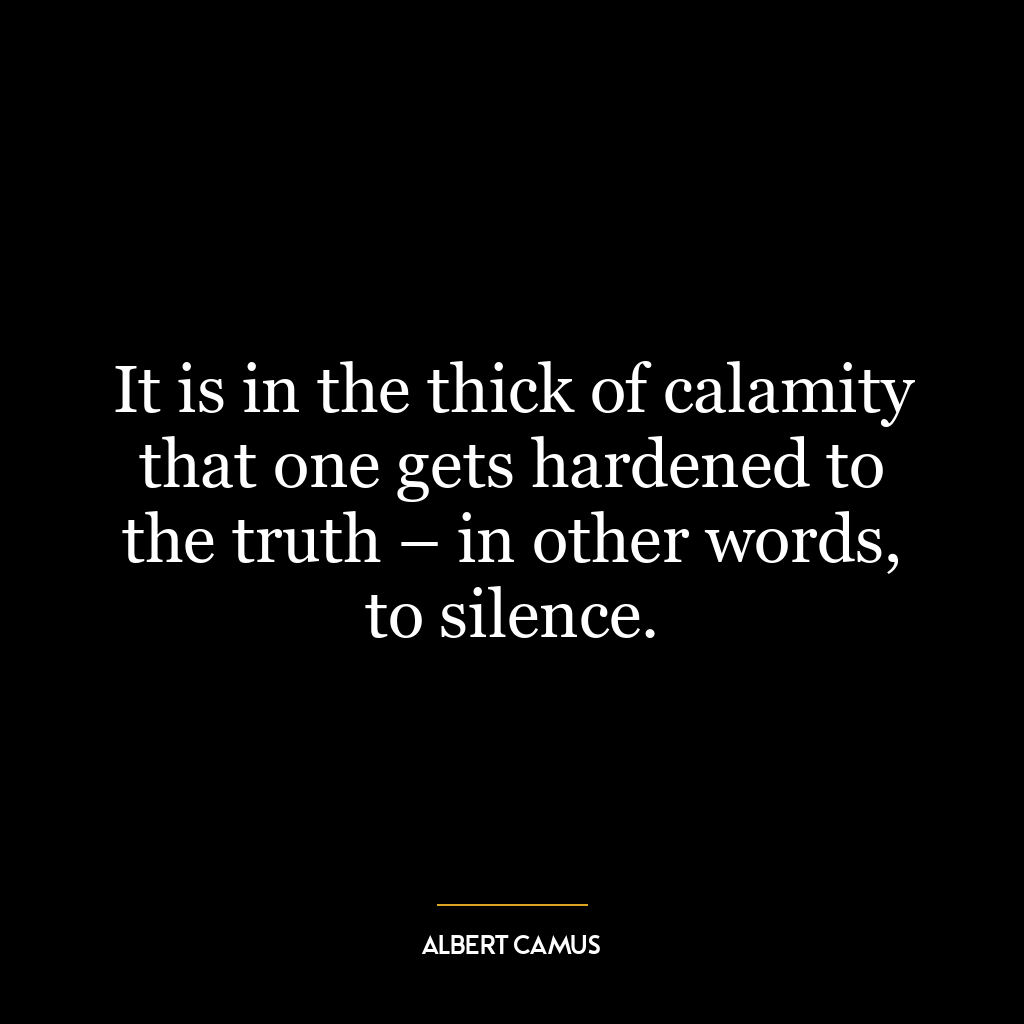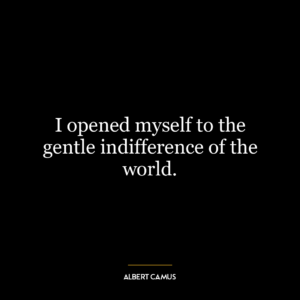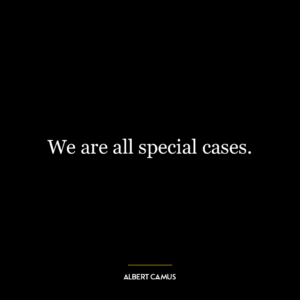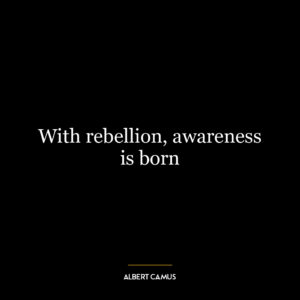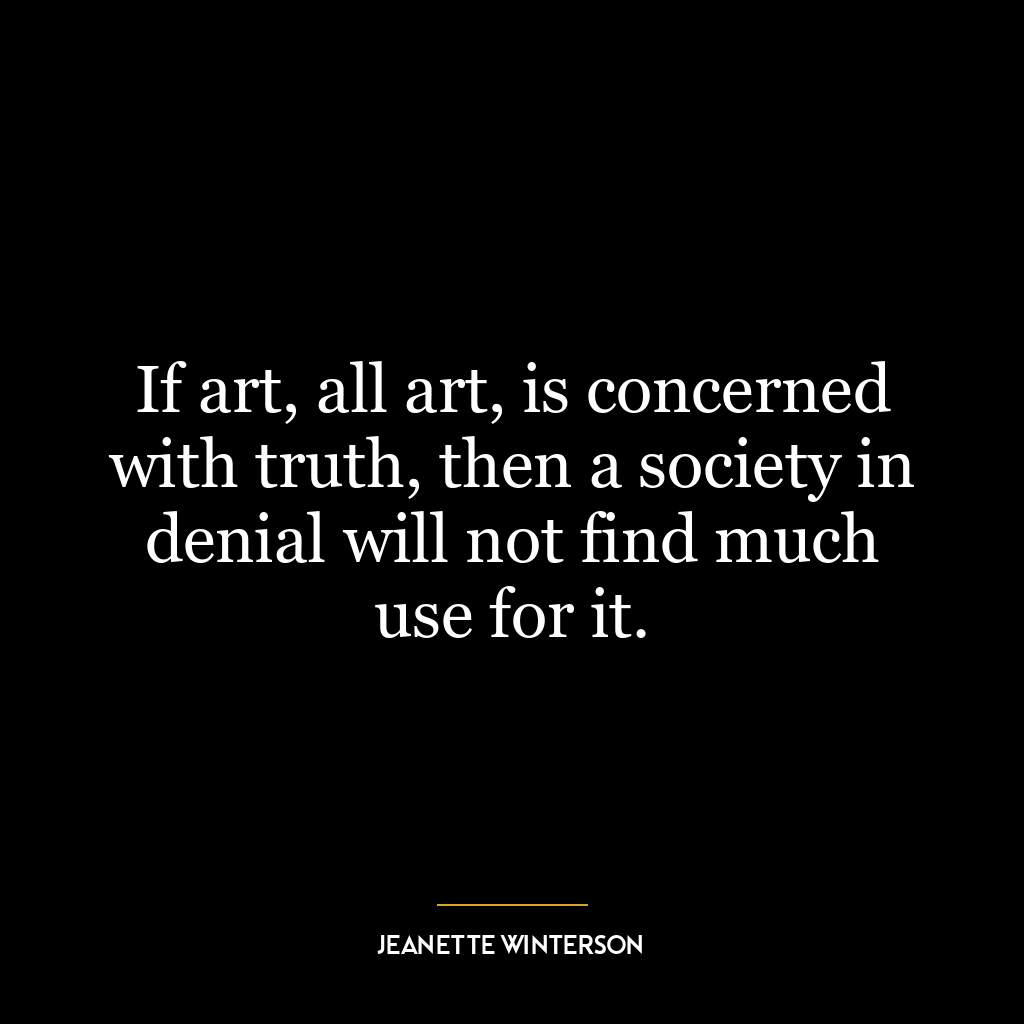It is in the thick of calamity that one gets hardened to the truth – in other words, to silence.
This quote suggests that it is during times of great difficulty and disaster that one becomes more aware and accepting of the reality of life, which is often unspoken or silent. It implies that hardship and suffering can lead to a deeper understanding of the world and oneself, fostering resilience and wisdom. The truth, in this context, can be interpreted as the harsh realities of life that are often hard to accept or comprehend, but are nonetheless inevitable. Silence, on the other hand, could represent the unspoken or unexpressed aspects of life, such as pain, suffering, or the inevitability of death.
In the context of today’s world, this quote can be applied to various situations. For instance, in the face of global issues like climate change, economic inequality, or pandemics, people are forced to confront the harsh truths about the state of the world and our role in it. This confrontation can lead to a more profound understanding of these issues and potentially motivate actions to address them.
In terms of personal development, this quote suggests that facing personal challenges and adversities can lead to growth and maturity. For example, experiencing failure or rejection can harden one to the realities of life, fostering resilience, humility, and a deeper understanding of oneself and others. It can also encourage introspection and self-reflection, leading to personal growth and development. This is often why people who have faced significant challenges in their lives are often seen as more mature and wise. They have been hardened to the truth through their experiences and have learned to accept and navigate the silent, unspoken realities of life.

